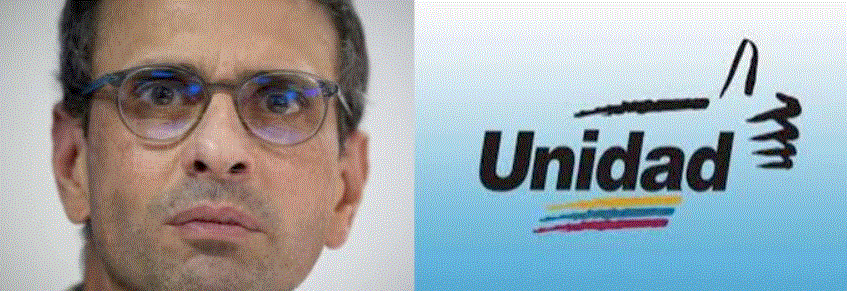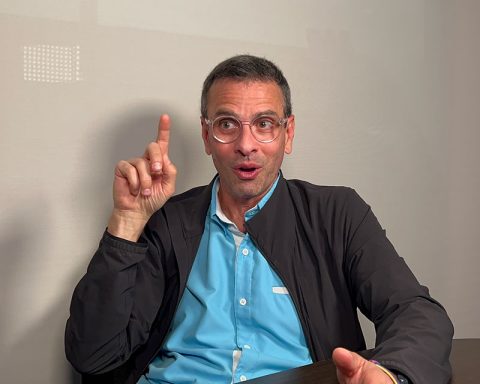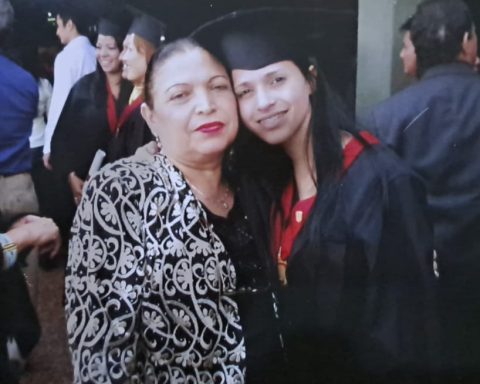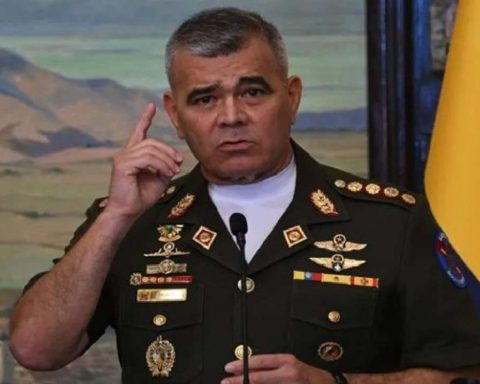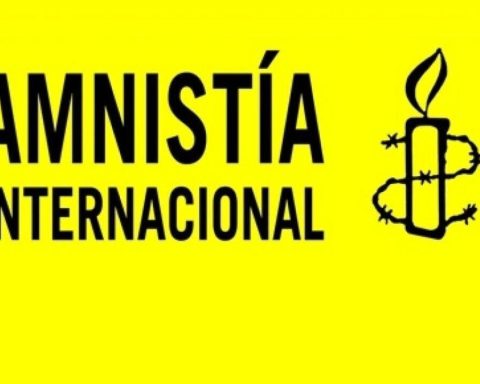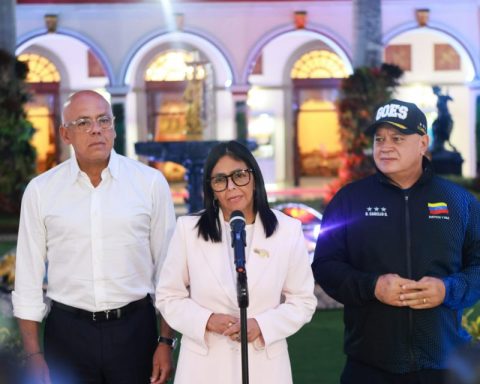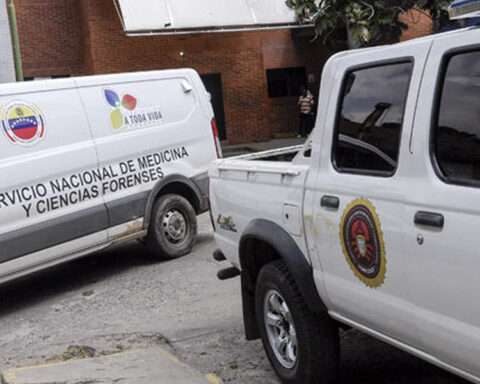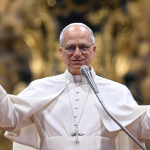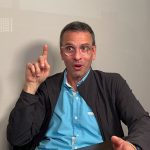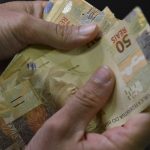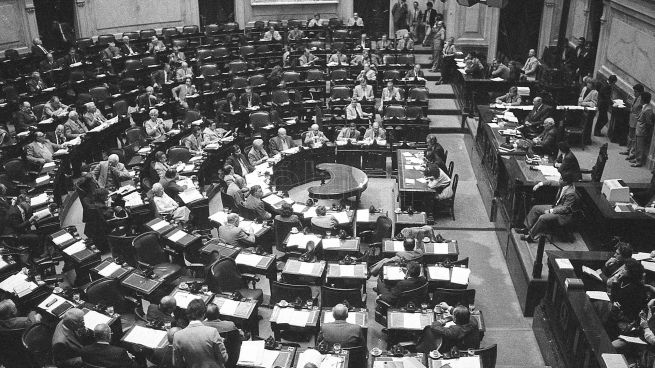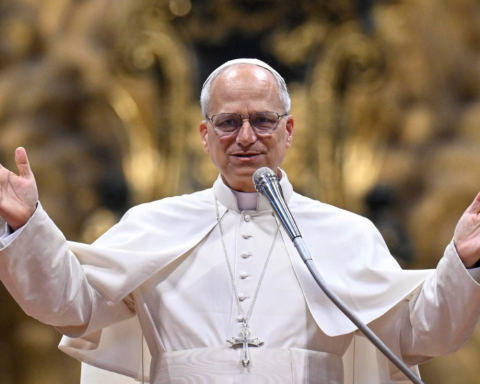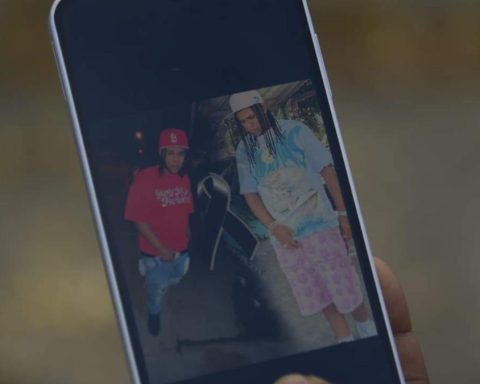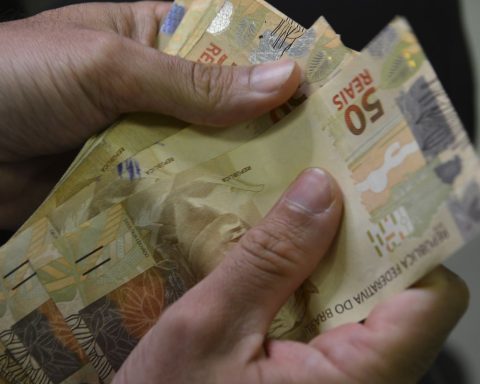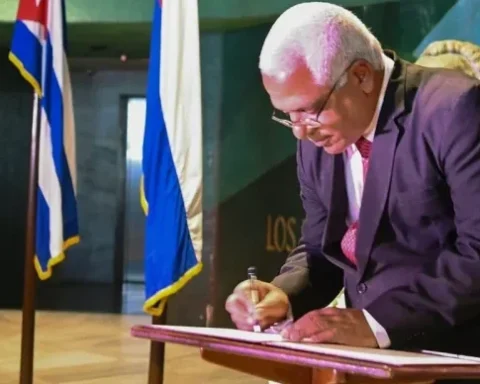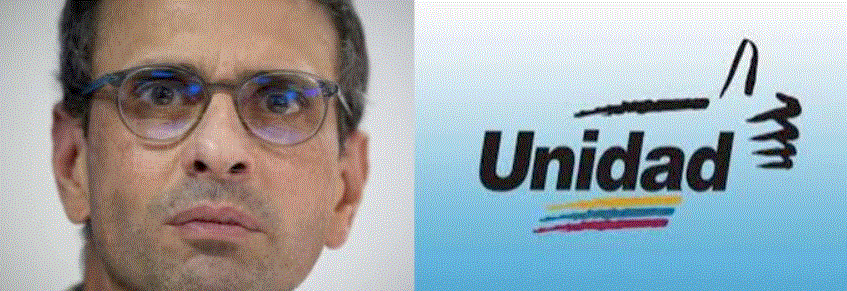
The recent opinion study by the Datincorp company, “Country Cohesion Study: This is how Venezuelans think in May 2022,” reveals that the majority have “no confidence (62%)” in the country’s political leaders. In addition, it determines that the ideal president, who will be elected in 2024, should not be “neither Chavismo nor the opposition (63%)” and that half of the citizens do not feel identified with political parties (48% ).
Polarization, populism and post-truth during the last 18 years have fed up millions of Venezuelans who do not see in politicians and their parties the solution to their primary needs –70% of the population will have incomes below 5 dollars in 2022 , according to Luis Pedro Spainsociologist in charge of the Living Conditions Survey of the Andrés Bello Catholic University–.
Additionally, there is a leadership vacuum in leading the social struggle against the order established by the authoritarian regime of Nicolás Maduro –excluded from the IX Summit of the Americas in Los Angeles for not being a democracy–. The study found that Venezuelans have very little confidence in current politicians (1 out of 10) to lead the Bolivarian country from 2024. The data reveals that 3 out of 10 Chavistas, 4 out of 10 opponents and 9 out of 10 Neither-nor do they prefer that the next president be neither a Chavista nor an opponent.
These findings have given rise to the fact that the electoral solution –free, fair, and competitive elections with international observation–, supported by the American administration and the European Union to restore democracy in Venezuela, it must be led by someone emerging from outside the political system, by a leader who breaks with his party and forms a new one, or by someone who comes from some local independent movement with national notoriety.
In the last presidential elections in Peru, Chile, Costa Rica and Colombia (first round), the elected candidates have been outsiders: the Peruvian Pedro Castillo, the Chilean Gabriel Boric, the Costa Rican Rodrigo Chaves, and the Colombians Gustavo Petro and Rodolfo Hernández. They have all used a very critical discourse against theestablishment political.
In democratic countries, outsiders they carry with them an anti-party discourse because they do not face an authoritarian regime that restricts the political rights of the population and individual freedoms. Therefore, they make extensive use —in a pejorative tone— of the adjectives “traditional”, “electoral”, “ideological”, “corrupt”, among others.
In democratic systems there are also insiders (leaders from the same political organizations) who, due to their speeches against the “party leaders”, may seem outsiders. This was the case of Carlos Menem (1989-1999), in Argentina, who transformed the organization of the Justicialist Party and produced the paradox of applying reforms of economic adjustment from a movement with trade union roots. Others may be even more radical, such as Rafael Caldera, founder of Copei (1946) and that organized another party, National Convergence (1993), to attack the same “political class of the dotfixism (1958)” of which he was a part and which governed Venezuela for 36 years. Not all anti-party leaders, then, come from outside.
Even though he orusider He still does not have a face or a name, Henrique Capriles, political leader of Venezuela and co-founder of Primero Justicia, seeks to profile himself as one, even though he is a insider.
His statements this Monday indicate it, by showing himself against the Unitary Platform. He stated that the primaries to elect the candidate who represents the opposition in the 2024 presidential elections “must be open, with scorpions, buffaloes, piranhas or lions… There should be no buds, the more plural, the greater participation.”
Likewise, he defended the technical support of the National Electoral Council: “The machines belong to the people of Venezuela. (…) Nobody owns the opposition anymore. The opposition is a national feeling. In Venezuela there is no one who has a majority. This is not the country of before. No one can speak today on behalf of a leader.” In addition, he asked the opposition political class to connect with the people, the workers, the workers, students and in general, with the entire country.
He questioned the management of gold reserves and the administration of Citgo by Juan Guaidó, while agreeing with the elimination of economic sanctions by the United States.
At this moment, Capriles as outsider it is using media-politics instead of a politics of the masses, of mobilizations and of political cadres. The “empty square” is filled with speeches before the media and social networks, which have assumed substitute functions of the parties.
The nature of the Maduro regime, a narco-tyranny, makes an electoral solution difficult. Under those conditions a outsider would not have a minimum chance of success. We must be clear that in order to restore democracy, unity of command and purpose of all democratic factors is required. It was the case of Coordination of Parties for Democracy in the Chile of dictator Pinochet.
If it is also a transnational criminal corporation – drug trafficking, gold, fuel, among others – and commits crimes against humanity, the unity of the parties for democracy must align all the efforts of international justice to prosecute the illegal actions of the Maduro regime -especially after the Russian war-.
For now, opinion polls show that a outsider He has the best option to be president of Venezuela in 2024, in a scenario of free, fair and competitive elections. If this is not the case, the unity of command and purpose of the Venezuelan democratic forces are the optimal solution to restore democracy in the country.
